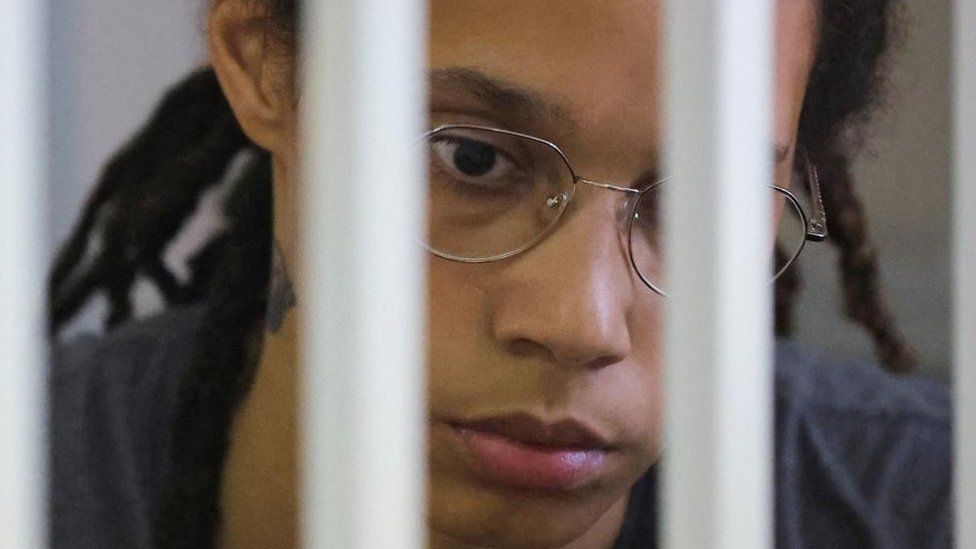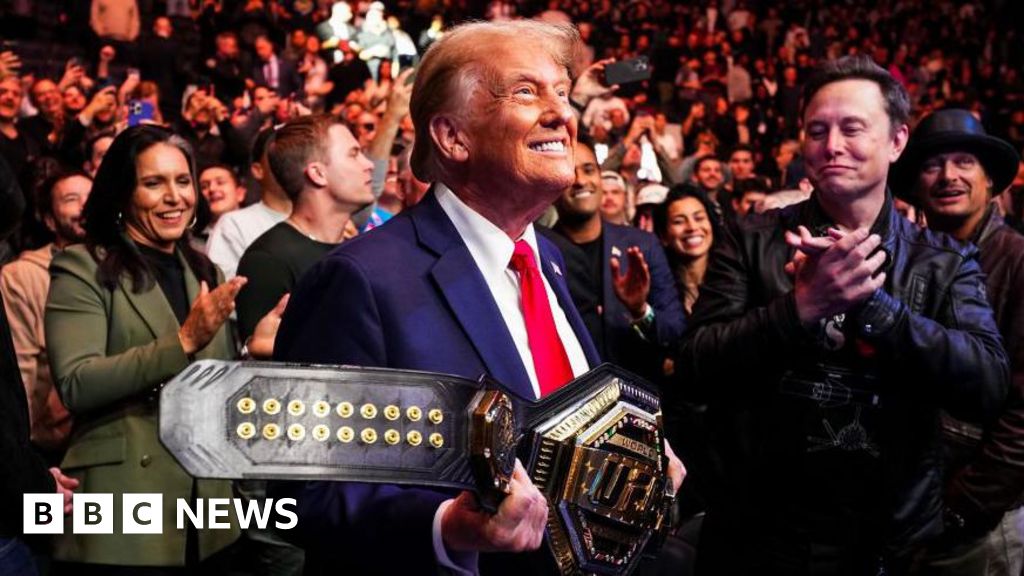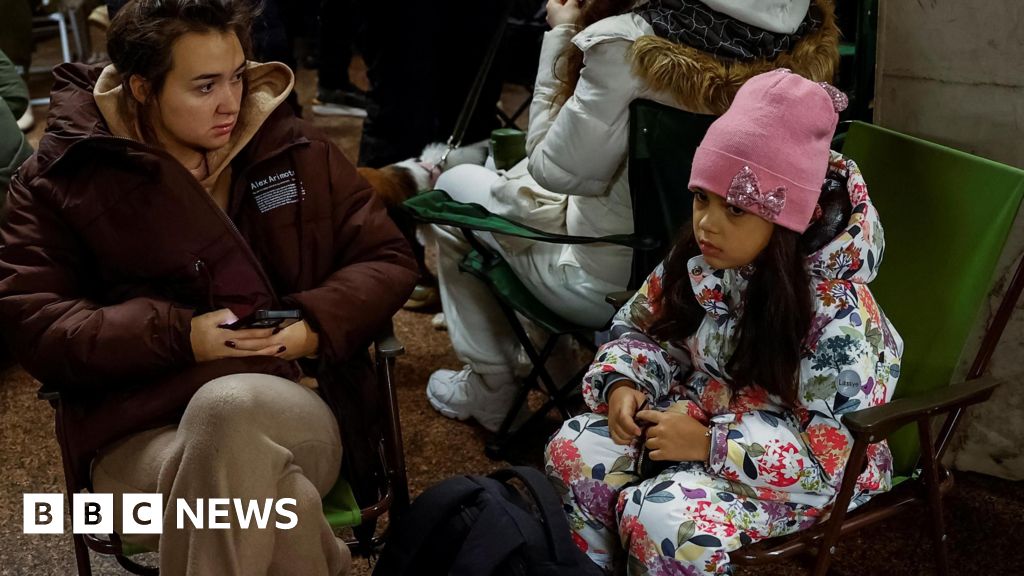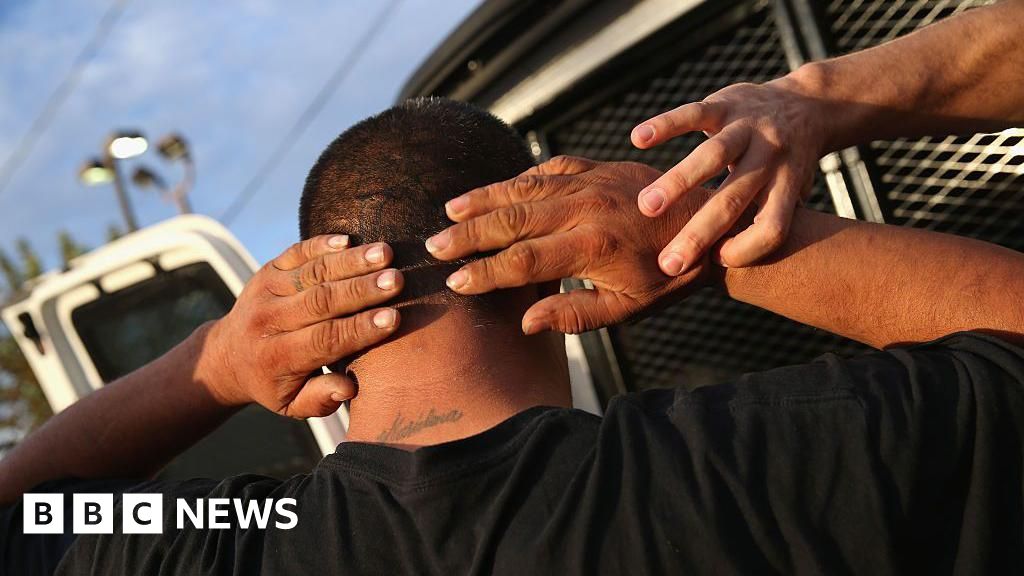ARTICLE AD BOX
 Image source, Reuters
Image source, Reuters
US and Russian officials were willing to negotiate for Griner's release despite tensions over Ukraine.
By Barbara Plett Usher
BBC State Department correspondent
This is a significant moment for President Joe Biden, who's been under public pressure to bring Brittney Griner home, and for Griner's wife Cherelle, who's been campaigning tirelessly to make it happen.
The relief and joy was evident as they stood next to each other at the White House.
"She is safe. She is on a plane. She is on her way home," Biden declared in an address to the nation, calling her ordeal "months of hell".
A beaming Cherelle told journalists she was "overwhelmed with emotions" and was "going to smile right now".
It took more than nine months to get to this point. Her case tells us a lot about America's approach to hostage diplomacy - and the limits of that strategy.
Arrested on the eve of war
Griner was arrested at a Moscow airport in February on drugs charges when vape cartridges containing a small quantity of cannabis oil were found in her luggage - just days before Russia invaded Ukraine. She pleaded guilty but said it was an honest mistake.
The Biden administration said she'd been wrongfully detained and swung into action. It has made the release of US hostages a priority and created a special envoy for this purpose. But Griner's case was shadowed by added layers of complexity and pressure - not least that negotiations took place against the backdrop of a war in which the US is arming Ukraine.
Still, the administration in April was able to win the release of a marine imprisoned in Russia, Trevor Reed. It exchanged him for a Russian pilot sentenced to cocaine trafficking charges in the US, demonstrating that the two countries could keep open a channel separate from their geopolitical tensions.
This, together with the publicity surrounding Griner's detention, galvanised the families of other detainees who banded together to lobby for more action from the White House.
The negotiating strategy
In July, Griner sent a handwritten letter to Biden saying she was afraid she'd be detained indefinitely and pleading with him not to forget her.
Just days later, Secretary of State Antony Blinken publicly expressed frustration that Russian counterparts were refusing to engage with what he called a "substantial offer". That was a highly unusual move in the discreet world of hostage diplomacy and a window into what Biden called "painstaking negotiations".
It became clear the Russians wanted a prisoner swap for Viktor Bout - a notorious arms dealer who was serving a 25 year sentence in US prison. In Russia he is referred to simply as a businessman, known to have carried out risky aviation trips to dangerous places. It's not not clear whether he had connections to Russian intelligence but both Russian and US experts agree that he must have known quite a lot, which is why the Kremlin wanted him back.
Image source, Reuters
Image caption,Viktor Bout was arrested in Thailand in 2010 before being extradited to the US.
It was a big ask and the administration negotiated hard to include a second American detainee, a former marine, Paul Whelan. He has been convicted of espionage and is serving a 16-year prison sentence.
Despite Blinken's public statement in July, US officials said the talks were stonewalled for months; Griner received a harsh nine year prison sentence - lost an appeal - and last month was sent to a remote penal colony.
Things looked dark for the basketball player - until today's sudden announcement.
The prisoner swap
A US official said the agreement came together in the past 48 hours; the sticking point appears to have been the two-for-one deal. The official said the administration was told it could either bring Griner home - or no-one.
Biden made the tough decision to go ahead and Griner and Bout are reported to have passed each other on the tarmac at the Abu Dhabi airport where the exchange took place.
Amid the celebrations at the White House, Biden acknowledged the deal had come up short and vowed to continue negotiations for Whelan's release.
It was a reminder that there are other Americans who've been detained for much longer than 9 months who don't have celebrity status to help propel their case.
It was also a reminder that the US had to pay a high price.
"The other side always gets a strong vote," US Hostage envoy Roger Carstens recently said. In this case the US traded a convicted arms dealer known as the "merchant of death" for a sports star caught with a few grams of cannabis oil.
That the trade is the second this year however indicates that the Russians and Americans do keep up shadowy contacts even though official relations are frozen.

 1 year ago
93
1 year ago
93








 English (US)
English (US)